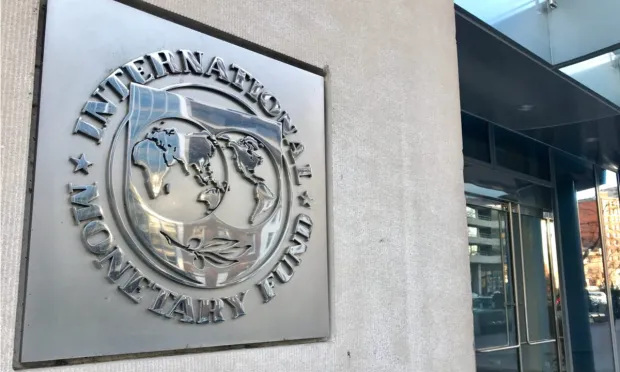When the government’s needs are very high along with interest rates, the private sector will always be crowded out, said JS Bank President & CEO Basir Shamsie in an interview. He elaborated on the dynamics of the credit market and the shift from private sector lending to T-bills and the public sector.

When interest rates and government demands are very high, the private sector will always be crowded, JS Bank Chairman and CEO Basir Shamsi said in an interview. “Even if banks were willing to lend money to private companies, more is required in the current financial system.”
He elaborated on the complexity of the credit market, explaining the trade-off between risk and reward. When interest rates fall, credit spreads decrease because economic conditions improve, reducing the risk associated with credit. This allows lenders to charge additional rates below the loan facility, reflecting much better credit prospects.
Thus, the credit market is more favorable for lower interest rates, leading to smaller spreads. However, increased financial risk drives a shift in lending from the private sector to T-bills and the public sector.
The trend is especially worrying given the demand for loans in the current high interest rate environment, which he called “death” for institutions trying to borrow more only 208 billion.
Too many loan failures can erode the company’s record profits. Acknowledging that the profitability of the banking sector is above average, he said it is a function of rising interest rates but he does not expect the trend to continue as interest rates rise and non-performing loans (NPLs) go away the sky is the limit.
JS Bank, one of five small and medium enterprise (SME) lending institutions in the country, has 'very good experience' with small and medium enterprises over the past eight years.
جے ایس بینک کے چیئرمین اور سی ای او بصیر شمسی نے ایک انٹرویو میں کہا کہ جب شرح سود اور حکومتی مطالبات بہت زیادہ ہوں گے تو نجی شعبے میں ہمیشہ ہجوم رہے گا۔ "یہاں تک کہ اگر بینک نجی کمپنیوں کو قرض دینے کے لیے تیار تھے، موجودہ مالیاتی نظام میں مزید رقم کی ضرورت ہے۔"
اس نے کریڈٹ مارکیٹ کی پیچیدگی کو بیان کیا، خطرے اور انعام کے درمیان تجارت کی وضاحت کی۔ جب شرح سود میں کمی آتی ہے، تو کریڈٹ اسپریڈ کم ہوتا ہے کیونکہ معاشی حالات بہتر ہوتے ہیں، کریڈٹ سے وابستہ خطرے کو کم کرتے ہیں۔ یہ قرض دہندگان کو قرض کی سہولت سے نیچے اضافی شرحیں وصول کرنے کی اجازت دیتا ہے، جو کہ کریڈٹ کے بہت بہتر امکانات کی عکاسی کرتا ہے۔
اس طرح، کریڈٹ مارکیٹ کم شرح سود کے لیے زیادہ سازگار ہے، جس سے چھوٹے اسپریڈز ہوتے ہیں۔ تاہم، بڑھتا ہوا مالیاتی خطرہ نجی شعبے سے ٹی بلز اور پبلک سیکٹر کو قرض دینے میں تبدیلی لاتا ہے۔
موجودہ بلند شرح سود کے ماحول میں قرضوں کی مانگ کے پیش نظر یہ رجحان خاص طور پر تشویشناک ہے، جسے انہوں نے صرف 208 ارب سے زائد قرض لینے کی کوشش کرنے والے اداروں کے لیے "موت" قرار دیا۔
بہت زیادہ قرض کی ناکامی کمپنی کے ریکارڈ منافع کو ختم کر سکتی ہے۔ اس بات کو تسلیم کرتے ہوئے کہ بینکنگ سیکٹر کا منافع اوسط سے زیادہ ہے، انہوں نے کہا کہ یہ شرح سود میں اضافے کا ایک کام ہے لیکن وہ توقع نہیں کرتے کہ شرح سود بڑھنے اور غیر فعال قرضوں (NPLs) کے جانے سے یہ رجحان جاری رہے گا۔
جے ایس بینک، ملک کے پانچ چھوٹے اور درمیانے درجے کے کاروباری اداروں (SME) قرض دینے والے اداروں میں سے ایک، گزشتہ آٹھ سالوں میں چھوٹے اور درمیانے درجے کے اداروں کے ساتھ 'بہت اچھا تجربہ' رکھتا ہے۔